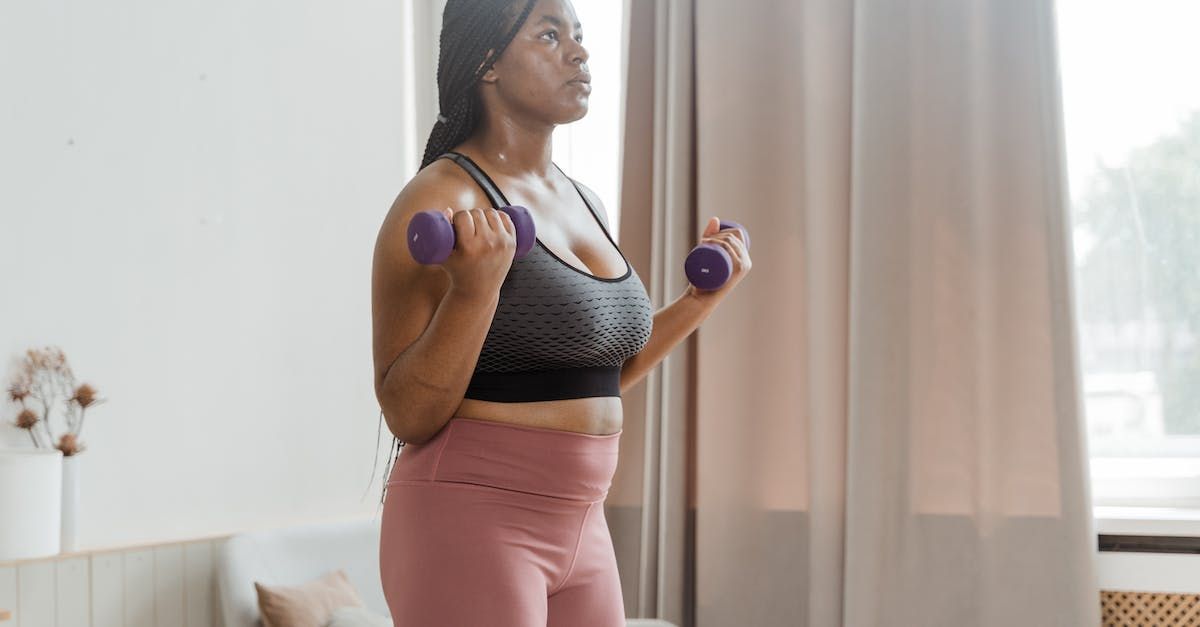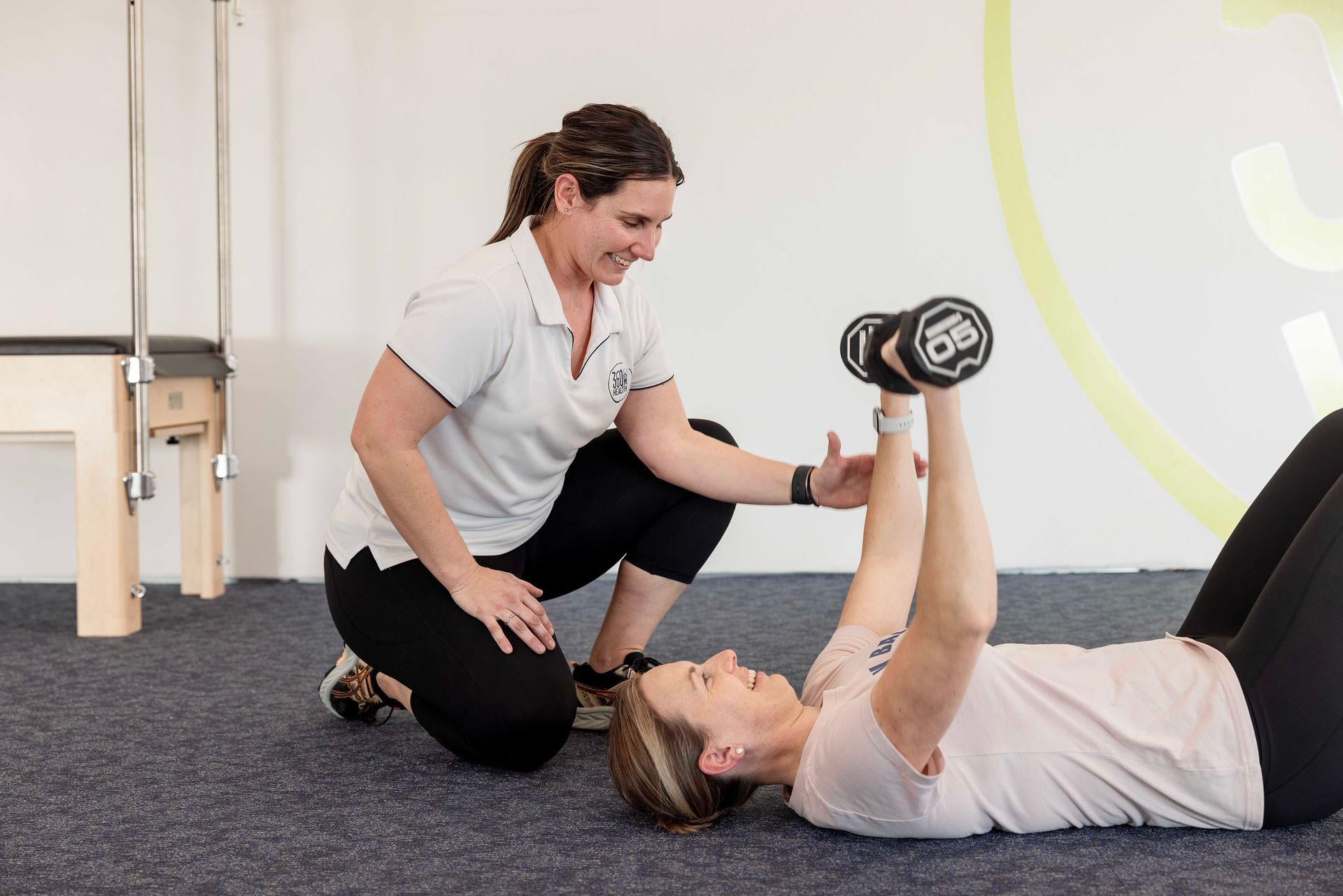Menopause
A woman's body undergoes many physiological changes throughout a lifetime, the last of which is often menopause.

Menopause refers to the end of menstruation and is said to have occurred when a woman has not had a period for 12 months. The average age of natural menopause is 52 years, but it can occur earlier depending on circumstances.
‘Peri-menopause’ refers to the time from the onset of symptoms related to menopause which occur in conjunction with changing hormones, especially oestrogen and progesterone. Women’s experiences can vary considerably, with some symptoms including muscle and joint aches, anxiety, depression, mood changes and incontinence, to name a few.
So if you’re in this boat, you’re probably wondering what you can do to manage these symptoms?
Try to move your body a little more!
Exercise and Menopause
Midlife women should be engaging in a variety of types of exercise, including cardiovascular, resistance and balance exercises. If you are unsure what type is right for you right now, get in touch with an Accredited Exercise Physiologist as they understand the physiological and hormonal changes occurring throughout this time and can prescribe appropriate exercise to benefit you.
Regular exercise is also an excellent way to stave off weight gain and loss of muscle mass, which are two frequent symptoms of menopause. Aerobic exercise will help reduce your risk of developing cardiovascular disease, while also enhancing mental health and well being through the release of the ‘feel good’ hormones. Try to reduce prolonged sitting and aim to reach 10,000 steps each day.
Not only is cardiovascular training important, but strength training is vital as osteoporosis risk skyrockets following menopause due to decreased oestrogen. Resistance training will help to improve muscle strength to protect your bones and also increase your metabolism.
Meditation, Yoga and Pilates are also a great lower impact option which can help manage the stress of life and other menopause related symptoms.
Things to Remember
- Exercise at a time when you feel best. If you are having hot flushes, exercise in the morning to avoid exercising during the hottest part of the day.
- Pick a type of exercise you enjoy and find a buddy to keep you motivated
- Start off slow with 10 minutes of light activity and slowly increase the intensity as it becomes easier
Words by Lucy Day
CONTACT
USEFUL LINKS
STAY INFORMED
You need a helping hand with your project?
We will get back to you as soon as possible
Please try again later
All Rights Reserved | 360 Healh Clinic







